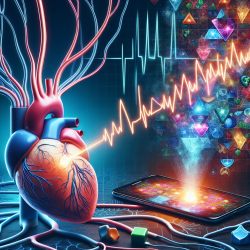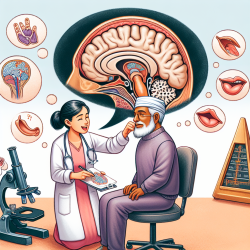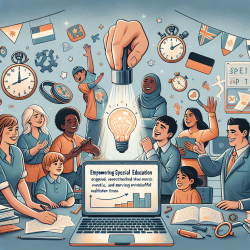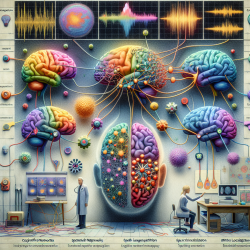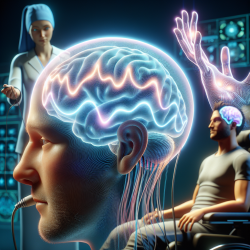Introduction
With the rapid increase in mobile gaming, understanding its physiological effects has become crucial. Recent research by Chin et al. (2024) delves into the heart rate variability (HRV) alterations in individuals with problematic mobile gaming (PMG) and their implications for cardiac health. This blog aims to provide practitioners with insights into the study's findings and encourage further research in this area.
Key Findings
The study involved 93 participants divided into PMG and non-problematic mobile gaming (nPMG) groups. The research focused on HRV changes during real-time mobile gaming and watching self-gaming videos. Key findings include:
- The PMG group exhibited significantly lower root mean square of successive differences (RMSSD) and High Frequency (lnHF) at baseline compared to the nPMG group.
- During mobile gaming, the PMG group showed elevated low-frequency to high-frequency (LF/HF) ratios, indicating heightened autonomic arousal.
- Increased craving scores were observed in the PMG group post-gaming and video watching, unlike the nPMG group.
Implications for Practitioners
Practitioners can leverage these findings to improve their understanding of the physiological responses associated with PMG. The study suggests that targeted interventions could mitigate autonomic arousal, potentially addressing the adverse effects linked to problematic gaming behaviors. Here are some actionable steps practitioners can consider:
- Implement Biofeedback Training: Biofeedback can help individuals become aware of their physiological responses, enabling better self-regulation and reduction of gaming-related stress.
- Monitor HRV Metrics: Regular monitoring of HRV can provide insights into a patient's autonomic nervous system balance, helping tailor interventions to individual needs.
- Address Craving and Emotional Regulation: Developing strategies to manage cravings and enhance emotional regulation can be beneficial, as higher HRV is linked to better emotional control.
Encouraging Further Research
While this study provides valuable insights, further research is needed to explore the long-term clinical impacts of HRV changes during gaming. Practitioners are encouraged to investigate:
- The role of different game genres and their specific physiological effects.
- The impact of demographic factors such as age and gender on gaming-related HRV changes.
- Potential interventions that could mitigate the cardiovascular risks associated with PMG.
Conclusion
Understanding the physiological underpinnings of problematic mobile gaming is crucial for developing effective interventions. By focusing on HRV and its implications, practitioners can enhance their skills and contribute to healthier gaming habits among individuals. To delve deeper into the original research, please follow this link: Altered Heart Rate Variability During Mobile Game Playing and Watching Self-Mobile Gaming in Individuals with Problematic Mobile Game Use: Implications for Cardiac Health.
